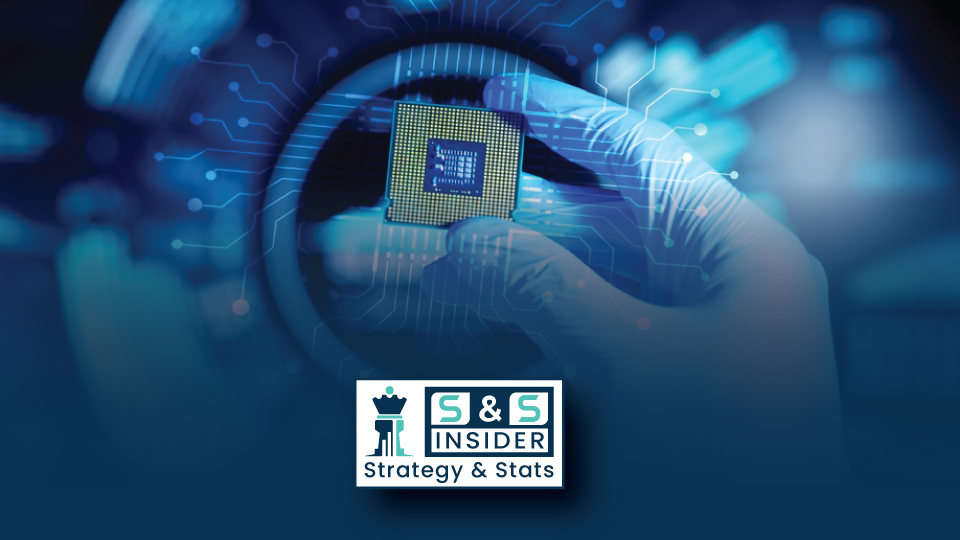Overview:
Integrated Circuits (ICs), often referred to as microchips, are the foundation of virtually all modern electronic devices. These compact, efficient systems integrate millions of electronic components such as transistors, resistors, and capacitors onto a single chip. By enabling faster processing speeds and reducing power consumption, ICs have revolutionized industries including telecommunications, computing, automotive, and consumer electronics. Their role in advancing technological innovation is pivotal as they continue to empower smart devices, automation, and connectivity.
The Integrated Circuit Market Growth will be valued at USD 1846.29 billion by 2032, and it accounted for USD 619.52 billion in 2023, and grow at a CAGR of 12.9% over the forecast period 2024-2032.
Future Scope:
The evolution of integrated circuits is set to accelerate with advancements in nanotechnology, quantum computing, and artificial intelligence. Future ICs will boast higher processing capabilities, smaller sizes, and enhanced energy efficiency. Emerging trends such as 3D chip stacking and neuromorphic computing will redefine performance benchmarks. Additionally, the rise of the Internet of Things (IoT), 5G networks, and autonomous vehicles will expand the demand for specialized ICs designed for connectivity, real-time data processing, and machine learning applications.
Key Points:
- Miniaturization: Enables the creation of smaller, more efficient electronic devices.
- Energy Efficiency: Reduces power consumption, critical for portable and battery-powered devices.
- High Performance: Delivers faster processing speeds and greater functionality.
- Versatility: Supports applications across diverse industries, from healthcare to space exploration.
- Cost Effectiveness: Lowers manufacturing costs through mass production.
Trends:
The integrated circuits industry is witnessing transformative trends driven by technological advancements. System-on-Chip (SoC) designs are gaining prominence, integrating multiple functionalities onto a single chip for compact and high-performing devices. The shift towards semiconductor materials such as gallium nitride (GaN) and silicon carbide (SiC) is enhancing performance in high-power and high-frequency applications. Additionally, the development of AI-optimized ICs and edge computing chips is addressing the growing need for real-time data processing and machine learning capabilities.
Key Segments
- By Product (Memory, Analog, Logic, Micro)
- • By Application (Gaming Consoles, Server, Set Top Box, Automotive, Internet Of Things (IoT), Standard Pcs, Cellphones, Tablets)
Applications:
Integrated circuits are indispensable in a wide array of applications. In consumer electronics, they power smartphones, tablets, and smart home devices. The automotive sector relies on ICs for engine control units, advanced driver-assistance systems (ADAS), and infotainment systems. Healthcare applications include medical imaging devices, wearable health monitors, and diagnostic equipment. ICs are also critical in industrial automation, aerospace systems, and telecommunications infrastructure.
KEY PLAYERS:
- Intel Corporation
- Toshiba
- Samsung
- Qualcomm Technologies
- Texas Instruments
- SK Hynix
- Micron Technology
- AMI Semiconductor
- NVIDIA
- Avago Technologies
Conclusion:
Integrated circuits have become the cornerstone of technological progress, enabling innovation and efficiency across industries. As they continue to evolve with breakthroughs in materials, design, and functionality, ICs will play an even more vital role in shaping the future of electronics. From powering next-generation devices to driving advancements in artificial intelligence and connectivity, the impact of ICs on modern society is immeasurable and enduring.
Contact Us:
Akash Anand – Head of Business Development & Strategy
Phone: +1-415-230-0044 (US)

